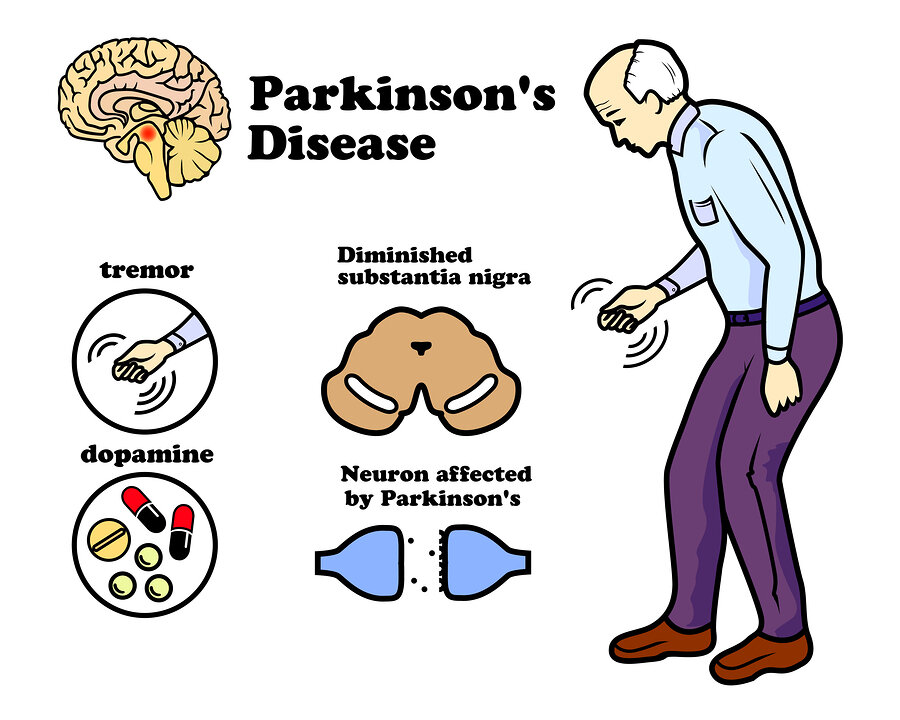Parkinson’s Disease (PD) Treatment
What is Parkinson’s Disease (PD) Treatment? Parkinson’s Disease is a Progressive Neuro-degenerative disorder and it affects the nerve cells of the brain that produce Dopamine. Dopamine is a chemical messenger that is responsible for the controlled movement and coordination of various parts of the body. In Parkinson’s Disease, the nerve cells that produce Dopamine deteriorates and stops/reduces the production of Dopamine. It severely impacts the movement of muscle in the body as there is no signal from the brain.
Several Scientific studies and clinical trials have revealed the
effectiveness of Ayurveda herbs and preparations, also established the
necessity of Ayurvedic cleansing procedures (Panchakarma Therapies) prior to
the use of Palliative therapy.
Parkinson’s DiseaseAccording to Ayurveda principles, Parkinson’s Disease is
caused by the vitiated Vata, which dries up the nerves and can be corelated
with Vepathu or KampaVata.
Best Ayurveda Medicines Used in Parkinson:
- Kampa (Tremors).
- Sthambha (Rigidity).
- Chestasanga (Slowness of Movements).
- Vaak Vikriti (Speech Disorder).
- Flexion posture.
- Kshinamati (Dementia).
- Smritihani (Loss of memory).
- Vibandha (Constipation).
Kampavata is described to affect many parts of the body including Shirokampa (tremor of the head), OshtaKampa (Lip tremors), Hastakampa (tremor of hands), Pada Kampa (tremor of the legs)
Research on Parkinson.
Symptoms of Kampavata:
Clinical features: May include one or some or all of the following:
- Resting tremor
- Bradykinesia
- Rigidity
- Stooped posture
- Masked face
- Pill rolling movements of the fingers
- Lack of postural adjustments
- Festinating gait
- Drooping of saliva due to infrequent swallowing movement
- Monotonous soft voice
- Absence of arm swings while walking
- Aches and pain in the body
Treatment
- 4 to 8 weeks of admission in the hospital is mandatory.
- The common, effective, and suitable Panchakarma ayurveda treatments are performed during the stay.
- After proper assessment of the patient, ayurveda internal medicines will be started.
- Patient and family members are educated about the disease.
- Distressing the patient plays an important role.
- Emotional support for the patient.
- Patient is encouraged to perform activities of daily living as much as possible.
- Regular exercises, meditation, relaxation are advised.
- Carefully selected Ayurveda Panchakarma therapies along with internal medications are advised.
- Yoga and Physiotherapy also form part of the treatment program.
What to expect after the treatment program:
- Retarding the progression of the disease.
- Reduction in tremors.
- Improved flexibility of the body.
- Reduction in rigidity.
- Improved gait.
- Improved muscle strength, balance, and coordination.
- Improved self-confidence.
- Reduction in the dependency on Allopathic medicines.
- Improved quality of life.
- Other symptomatic relief.

